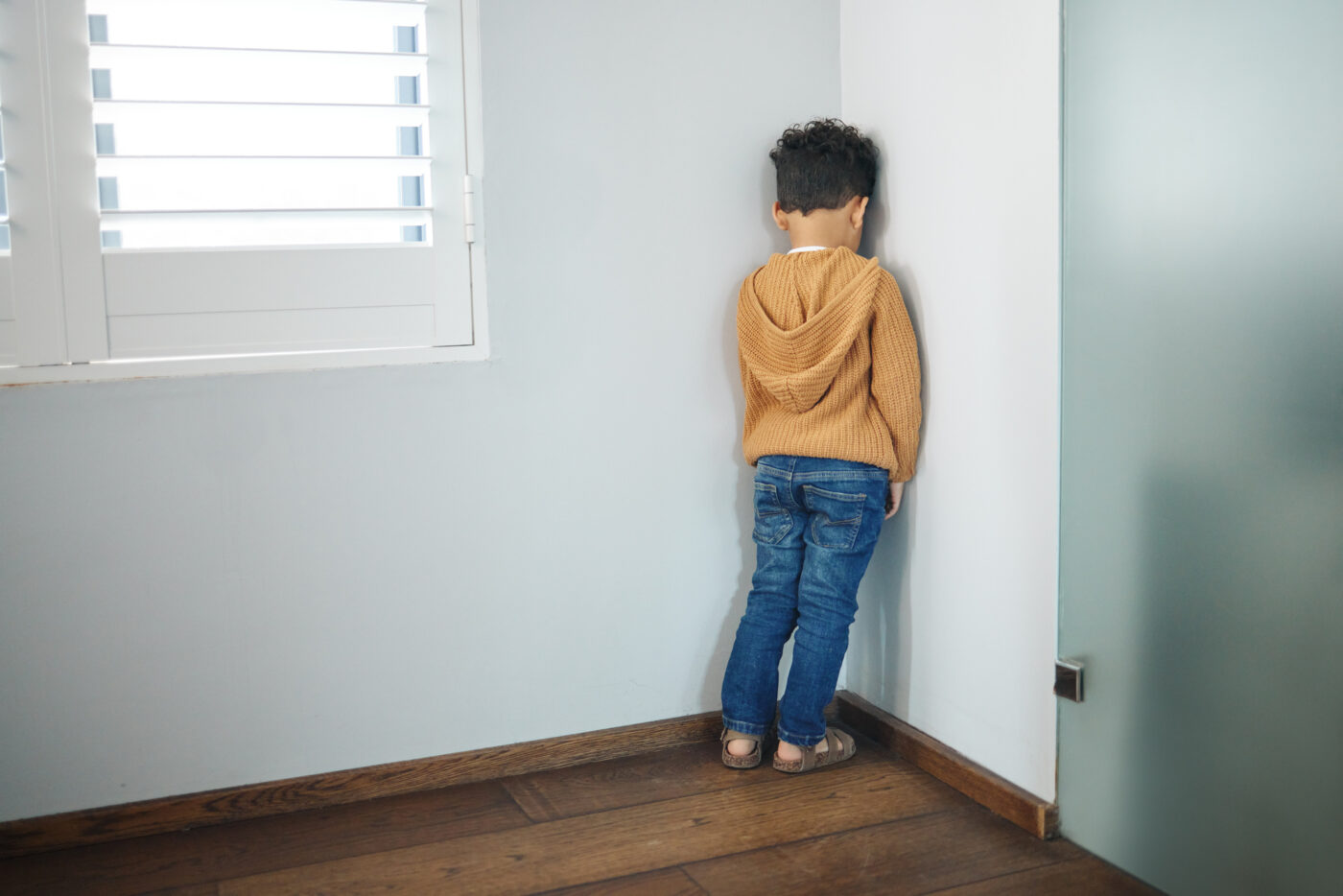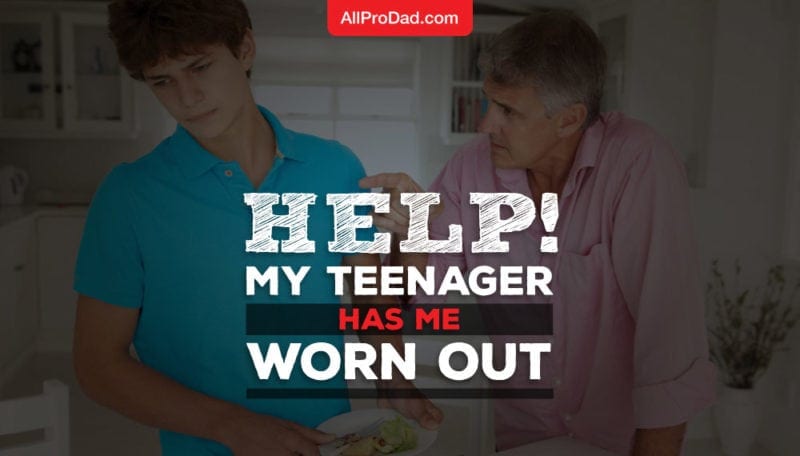There are four very different kids in our family. Different strengths, different weaknesses, different personalities, and preferences. There are, however, a couple of things they hold in common. They’ve got a dad who is still trying to figure out how to parent well. And they all screw up from time to time. The oldest, our perfectionist, is still surprised to discover she makes mistakes. One of the middle ones, temperamentally, sometimes feels like his short-comings are the truest things about him. He gets that from his father. The youngest? He knows he messes up, but his attitude is: “What? I’m great! I’m the youngest!” These kids have a lifetime of successes and failures ahead of them, and I want them to know a couple of things deeply before they leave our house. One of those is regardless of anything else: personality, performance, whatever, your dad loves you.
This leads me to reflect on just how I can express Dad’s-love-through-thick-and-thin. If you’re looking to find a unique way to love your kids sometime soon, try an upside-down idea with me: giving grace and mercy. Let’s look at a couple of ways to celebrate our children in the face of their failures. Not what you normally think of? Most of us don’t. But there can be great power in showing mercy to your children. Notice these three important aspects of love that only grace and mercy can convey.
Love isn’t based on performance.
People so often think that if they do well, then they’re more deserving of love. “If I behave, or I do what you want me to do, then I’ve earned the right to be loved.” But that’s not how love works, is it? Of course not. Love is a gift that’s given, not a commodity to be earned. But kids, like many people, default to the idea that they need to perform in order to get your praise, your attention, your love. By all means, please celebrate your child’s accomplishments and achievements. But once in a while, show them that you love them even when they’ve failed. “Missed the soccer team, kiddo? Let me do something to celebrate how proud I am of you anyway.” “You got a below average grade? How about ice cream?” This isn’t about celebrating failure. It’s about celebrating and loving a person who fails and then doesn’t feel worthy of love. It’s a powerful antidote to performance-based anxiety that says, “Kid, I don’t care how the rest of the world sees you. I see you and I love you no matter what. You can’t possibly change that. Your dad is on your team.”
Grace and mercy can be the beautiful medicine that heals a breach.
Let’s say one of your children breaks a house rule or causes you hurt in some way. They screwed up, and everybody knows it. What happens now? Should you scold them, outlining in great detail how badly they messed up? Maybe. Sometimes they need the reminder. On the other hand, find a time when you might be within your rights to give consequences or a harsh reprimand, and instead, tell them that you want to show kindness instead – because you’re so crazy about them. Tell your kid that you are willing to absorb the hurt or pay the penalty they’ve incurred so that nothing can get in the way of your relationship. You want them to know you love them at personal cost. It’s forgiveness. And forgiveness covers and heals wounds like beautiful medicine.
Mercy reminds you how often you need mercy.
You’ve heard of the golden rule, no doubt: “Do unto others what you would have them do unto you.” Instead of trying to get your kids to toe the line all the time, view their failures through the lens of your own short-comings; and then apply your wisdom. Sometimes, you (and your kids) need sharp, directed correction. Sometimes, though, when they’re expecting retribution, you can remember how often you have needed some latitude and patience from others. Showing grace and mercy to your children can be a terrific way to remember that you’re not perfect either.
Encouraging you to show grace and mercy isn’t suggesting that you have to show it in every situation all the time. But once in a while, it might just be what the doctor ordered to help you communicate love to your kids in a way that will shape them for a lifetime.
What are some circumstances in which you’ve found mercy to be really helpful?












Huddle up with your kids and ask, “Are there ever times when it feels hard to believe that you’re loved?”